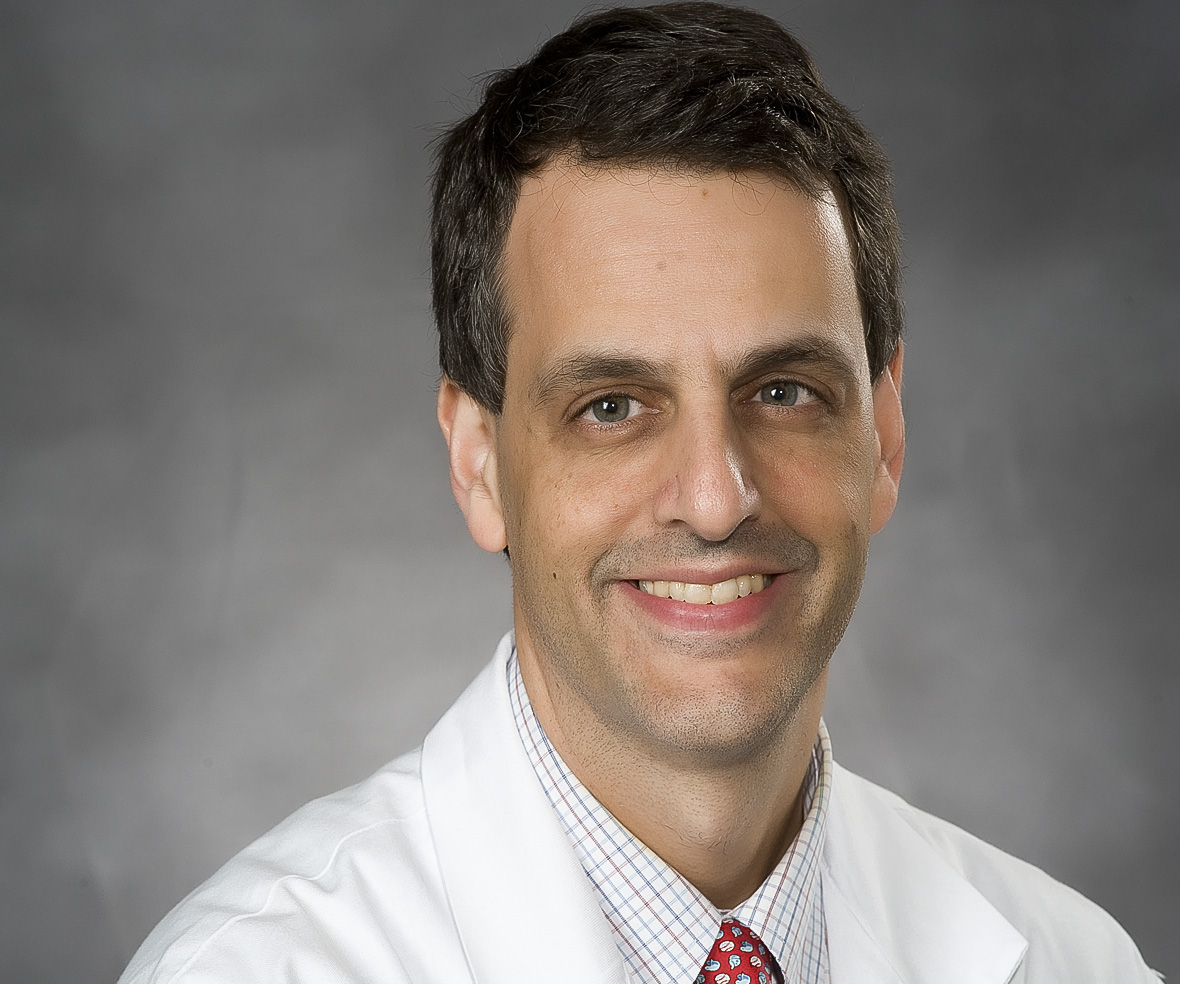Latest News
Research
Massey expert provides insight on pancreatic cancer
Mar 8, 2019

In 2018, more than 55,000 people in the United States were diagnosed with pancreatic cancer, according to the National Cancer Institute. The pancreas is an organ behind the stomach that aids in digestion and regulating blood sugar levels.
In light of longtime “Jeopardy!” host Alex Trebek’s recent diagnosis with pancreatic cancer, VCU News talked with Brian Kaplan, M.D., to learn more about risk factors, symptoms and treatment options for the disease. Kaplan is director of the VCU Massey Cancer Center’s Pancreas and Biliary Neoplasm Program, a member of the Developmental Therapeutics research program at Massey and a professor in the Virginia Commonwealth University School of Medicine’s Department of Surgery.
How common is pancreatic cancer?
Less than 2 percent of men and women will be diagnosed with pancreatic cancer at some point in their lifetime. However, it has been increasing in incidence over the past few years. It’s much less common than colon or breast cancer; however, it is much deadlier. It is typically diagnosed at an advanced stage and has a five-year survival rate of less than 9 percent.
What are the signs and symptoms?
Unfortunately, pancreatic cancer is a very aggressive cancer that is typically diagnosed at a late stage. Symptoms don’t usually present themselves until the cancer has grown or spread to other organs. Unexpected weight loss, abdominal pain and yellowing of the skin are common warning signs of the disease.
Are there any risk factors?
Most pancreatic cancer occurs in people over 60 years old, and is more prevalent in men than women. Being African-American, smoking cigarettes, having diabetes and chronic pancreatitis are all linked to increased risk for the disease. The risk triples if a person’s mother, father or sibling has had pancreatic cancer, so it is important that you know your family history.
Are there any screening tests for the disease?
There is no strong evidence for any screening options that effectively reduce mortality related to pancreatic cancer.
Are there any effective strategies to prevent it?
There are no guaranteed ways to prevent pancreatic cancer, but not smoking, maintaining a healthy weight and limiting alcohol use is shown to reduce overall cancer risk.
What treatment options are available?
Treating pancreatic cancer successfully often requires multiple treatment methods, including surgery, chemotherapy, radiation therapy and other treatments. At VCU Massey Cancer Center, we specialize in neoadjuvant therapy, which involves giving patients chemotherapy and radiation therapy before surgery to allow shrinkage of the tumor and to sterilize the area to make surgery more effective. Other advanced treatment options include the Whipple procedure, stereotactic radiosurgery, CivaSheet and clinical trials that offer new, innovative therapies that may help increase the chance for successful treatment.
Are there any clinical trials open at Massey?
As an NCI-designated cancer center, Massey has one of the largest offerings of cancer clinical trials in Virginia, including several that are currently available to pancreatic cancer patients. We are hopeful that many of the therapies being tested in these trials will become the future of treatment for cancer patients. We’re constantly looking at new chemotherapeutic regimens for pancreatic cancer, in addition to other new and better ways to prevent, diagnose, treat and cure the disease.
(For a full list of clinical research studies currently open at Massey, search a database of clinical trials).
What are islet cell or pancreatic neuroendocrine tumors?
Neuroendocrine cells are scattered throughout our bodies in various organs such as the esophagus, stomach, pancreas, intestines and lungs. They act similar to nerve cells in some ways and hormone producing endocrine cells in other ways. In the pancreas, these cells group together in small clusters called islets, which make important hormones like insulin.
Pancreatic neuroendocrine tumors (PNETs) make up only 2 percent of all pancreatic cancers. There are several types of PNETs, which are determined based on whether or not they produce different types hormones that are released into the blood and cause other symptoms. Diagnosing PNETs can be difficult because there can potentially be many different symptoms that mimic other diseases.
Why should someone seek treatment at a National Cancer Institute-designated center?
Pancreatic cancer is a rare disease, so it’s important to go to a doctor who specializes in treating it. These subspecialists are most often found at large academic medical centers like Massey, where they treat more rare and complex diseases. Additionally, NCI-designated centers often use a patient-centered, multidisciplinary approach to care similar to Massey’s Pancreas and Biliary Neoplasm Program. At Massey, patients come and meet on the same day in one clinic with multiple physicians including medical oncologists, radiation oncologists, pathologists, gastroenterologists and surgeons to allow them to streamline their care. A nurse navigator coordinates every aspect of care and serves as a point person throughout the treatment process and connects the patient with supportive care specialists such as nutritionists, social workers, genetic counselors, psychologists and others. These practices have been shown to improve treatment outcomes.
Written by: Blake Belden
Related News
Research
Robert A. Winn Clinical Investigator Pathway Program welcomes fourth cohort of medical student awardeesJul 8, 2025
Research
“We’re aiming for a cure.” Massey and VIMM researchers achieve potential breakthrough in brain cancer treatmentJun 24, 2025
Research
Massey researchers discover new genetic target that could shape the future of liver cancer treatmentJun 23, 2025

Get access to new, innovative care
Treatments in clinical trials may be more effective or have fewer side effects than the treatments that are currently available. With more than 200 studies for multiple types of cancers and cancer prevention, Massey supports a wide array of clinical trials.

Find a provider
Massey supports hundreds of top cancer specialists serving the needs of our patients. Massey’s medical team provides a wealth of expertise in cancer diagnosis, treatment, prevention and symptom management.
